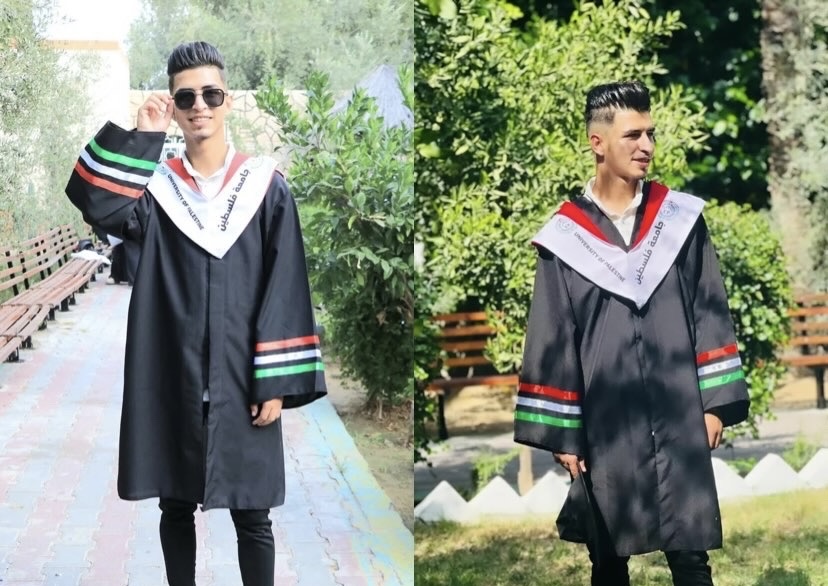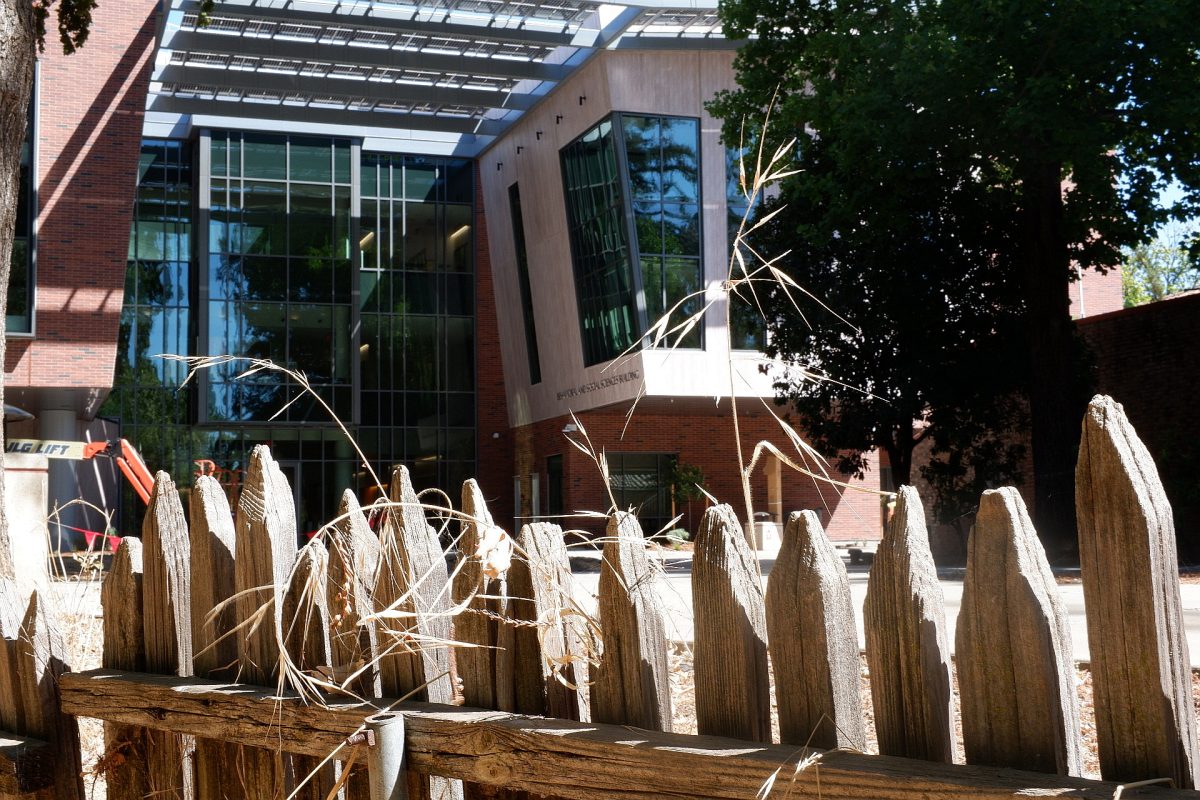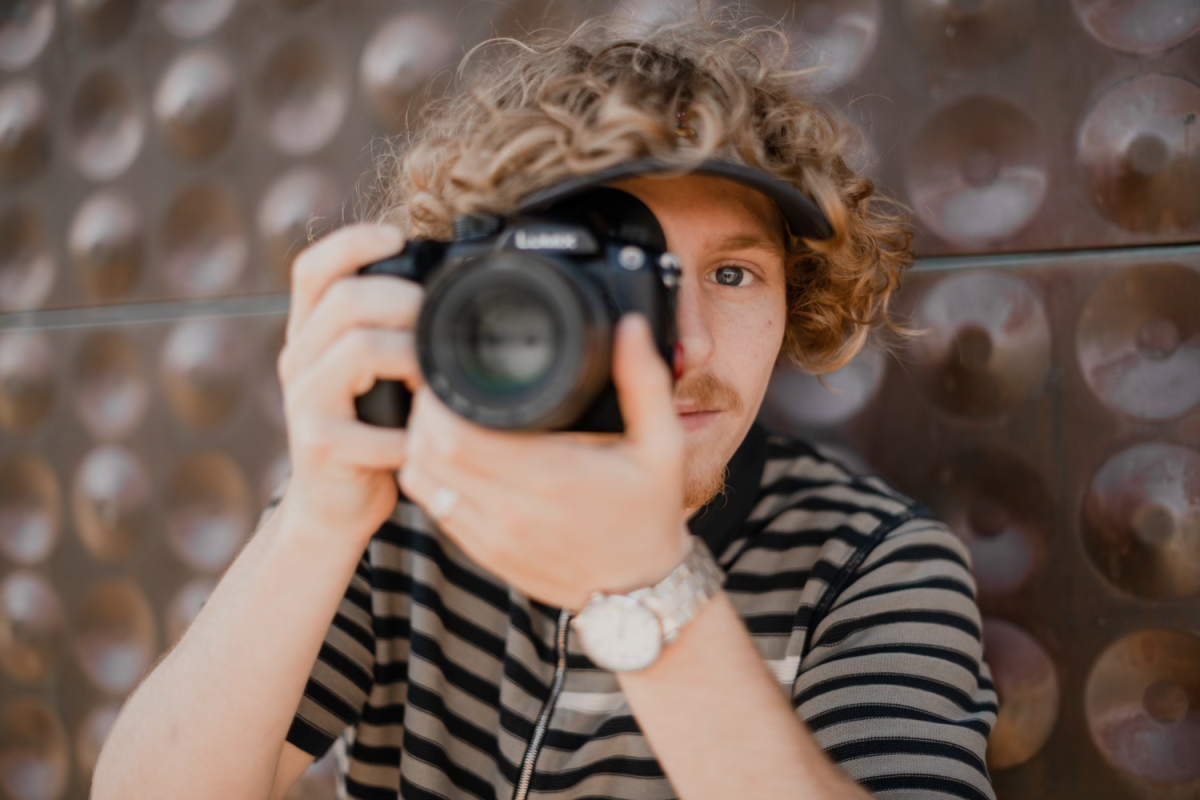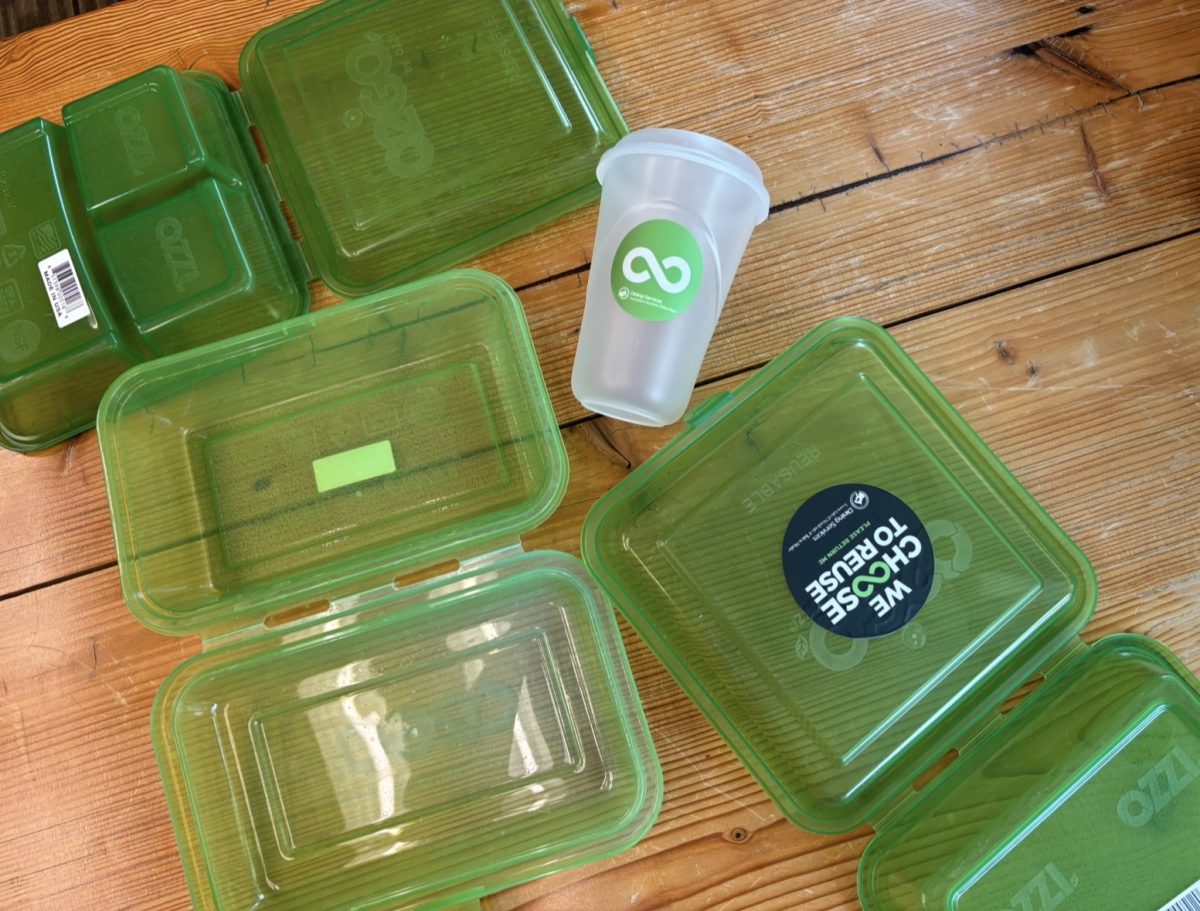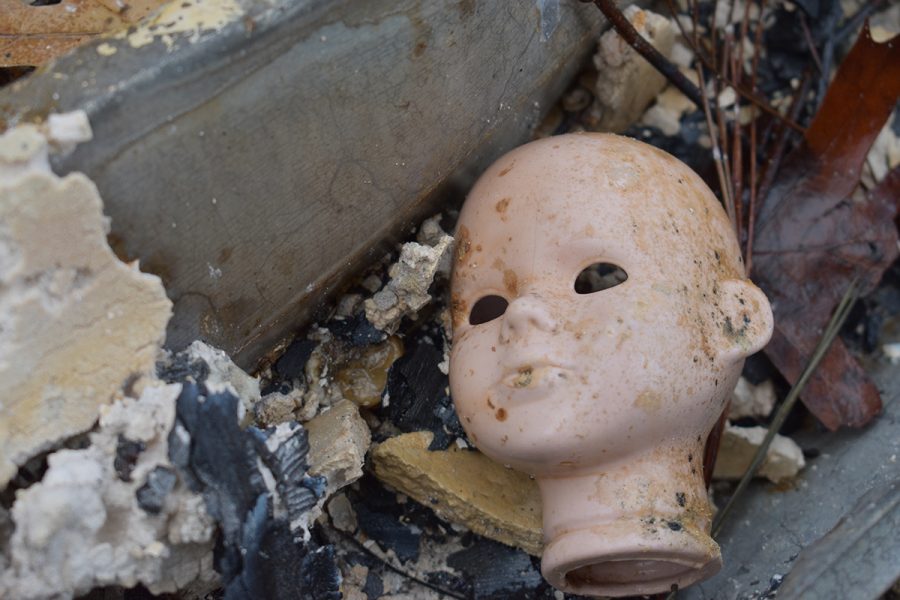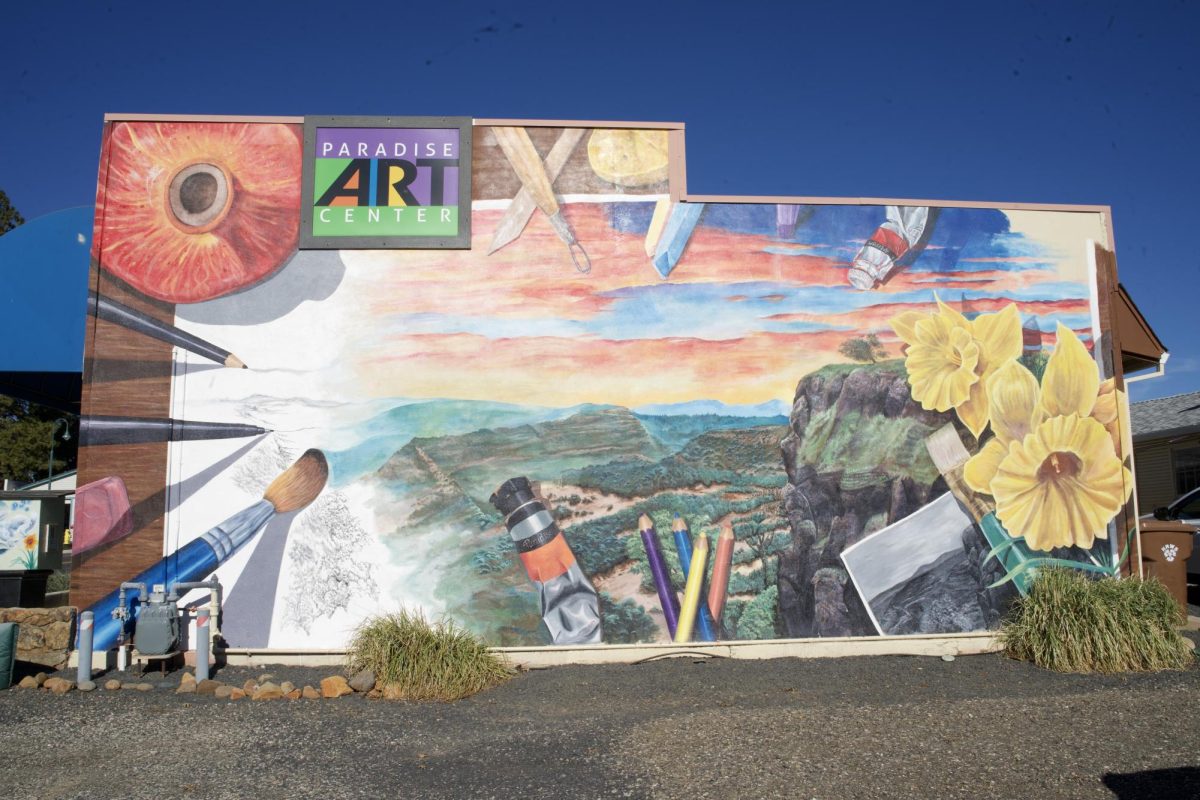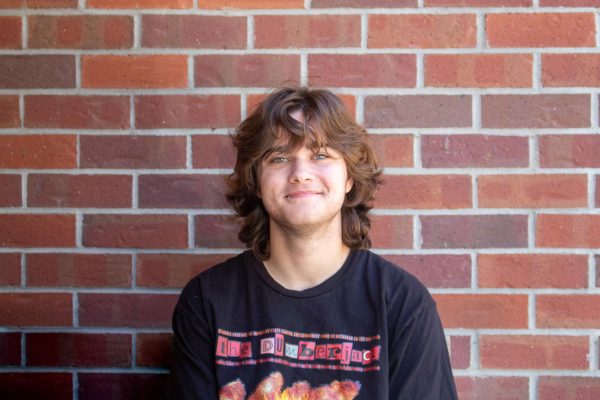Suhaib Qadih is currently living alone in a displacement camp in Khan Younis, near the Gaza-Egypt border. His walls are composed of both ornate tapestries and UNICEF-labeled tarps and there is no running water, electricity or sewage. The university he once attended is gone and he lacks consistent access to food and clean water.
This is Qadih’s story as he tells it, as some of the information in this story could not be verified.
The first thing Qadih does in the morning is wake up early to get his necessities for the day.
“I wake up early, I go to fill the water tank. It can be very tiring.” he said. “I sleep early every day because I wake up early to go and get my daily supplies to survive.”
He had just graduated from the University of Palestine when Oct. 7, 2023 came. Both his and his brother’s homes were destroyed within a week.
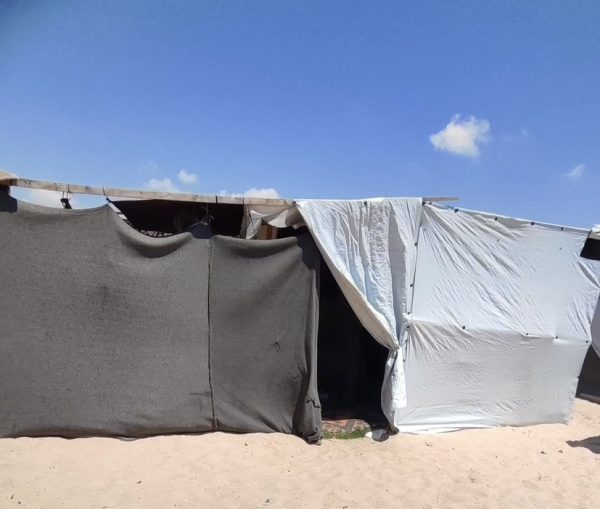
Some afternoons, he said he visits his old house and tries to salvage old belongings, such as clothes, from the rubble.
“I can’t describe the feeling I go through everyday,” Qadih said.
Qadih has never been outside of the Gaza Strip, which is only 25 miles long and 6 miles wide.
He has been separated from his family, who he said was displaced in the Al-Mawasi beach refugee camp. It is about a four-mile drive away.
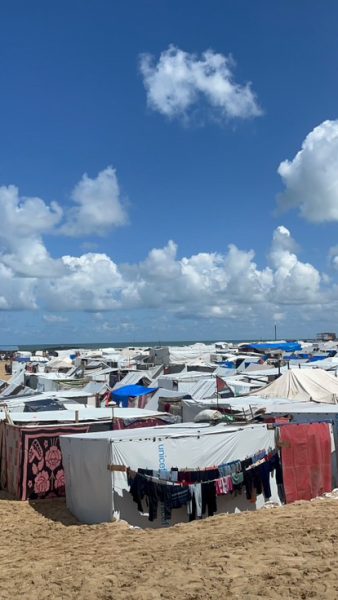
“I visit them, but not every day because I do not have the money to pay for transportation,” he said.
Right now he is just hoping to fundraise enough to be able to leave when the Rafah Border — which has been closed to Palestinians since May — re-opens. It is not clear when exactly that will happen. He said crossing the border costs about $3,000.
But when food is so expensive, it can be difficult to save money. The Al Jazeera reported a single carton of eggs in southern Gaza costing $32 on Oct. 16. Qadih said that a meal alone can sometimes cost him around $100.
United Nations-backed famine experts released a report on Nov. 8 which found famine thresholds may have already been crossed, or will be in the near future. Starvation and malnutrition are rapidly increasing in the region as humanitarian aid is continually blocked.
When Qadih gets the money he needs, he will cross alone to Egypt, without his family, to a country he has never been. His dream is to be able to work.
“I had hoped to work in [my] field, but the war came and destroyed everything,” he said.
Anthony Vasek can be reached at [email protected].




